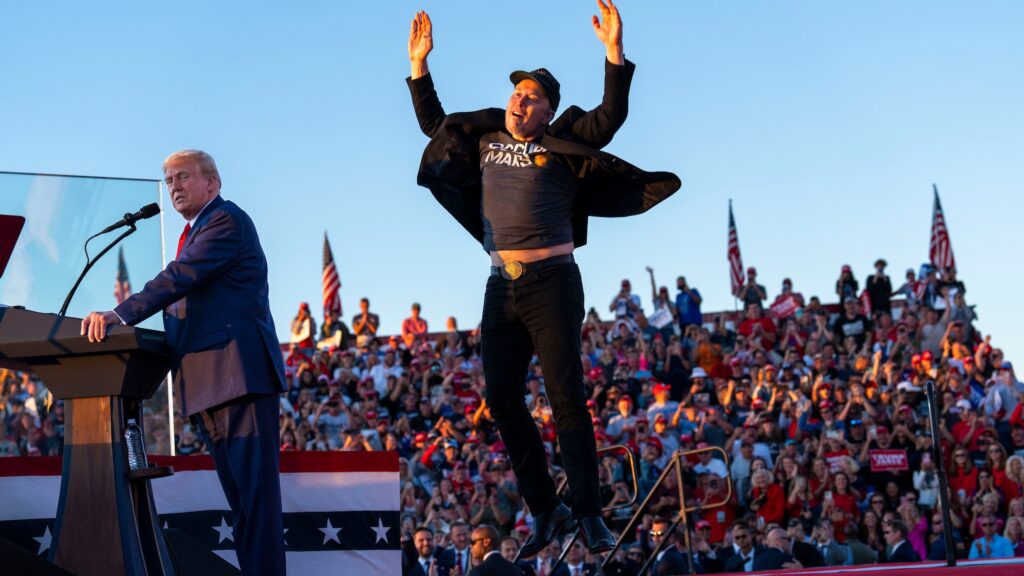In response to a comment by Bill Markus, the co-founder of Dogecoin, that gamers have become “ideologically captured,” Elon Musk announced that his firm xAI will open a game studio. Musk states: “Too many game studios that are owned by massive corporations,” and that said studio will “make games great again.”
The real issue in the industry is not the concentration of content creators under publishing labels, but rather the shift in economic power towards platform holders. In 2023, 8 of the 10 largest companies active in the games industry were gatekeepers, several of which, like Apple, don’t even make games. The push toward consolidation we saw among publishers during the pandemic is reversing, as several major firms including Embracer, Netflix, and Take-Two Interactive are spinning off subsidiaries in response to changing market conditions.

Despite his credentials in game development—first as a programmer on Cadillacs & Dinosaurs and later in his role at Tesla where he hoped to feature titles like Cuphead as part of the Tesla driving experience—Mr. Musk’s accusation is based on a skewed image of the overall games industry and would benefit from a more careful consideration of reality. I’d argue that games are already “great,” both in abundance and creativity.
Remember blockchain-gaming?
The supply side is indeed struggling with layoffs and increasing marketing expenditures, as cheap capital from investors has dried up and the cost of winning new customers has reached new, record-breaking levels. It has worsened the overall risk profile for game makers, making new launches more costly, and, by extension, less predictable. It is in part why many major industry players have taken a backseat in embracing emerging technologies like virtual reality, spatial computing, the metaverse, and, indeed, Web3 gaming. After several publishers announced blockchain-based initiatives a few years ago, including Take-Two’s subsidiary Zynga and French game maker Ubisoft, legacy firms have been notably quieter recently. As consumer demand has started to soften, it simply makes no sense to invest in a novel technology that has yet to deliver on its assumed disruptive promise.
It is also true that consumers currently benefit from an enormous variety of available content through a growing number of new devices, distribution channels, and pricing models. Purchasing power has declined across most major markets, but we’re still experiencing the release of a wealth of great content and hardware.
Mr. Musk’s newfound friend
What would make games decidedly less great is if, for instance, the necessary hardware were to go up in price, as is increasingly likely under imminent leadership by Mr. Musk’s newfound friend, the US president-elect, who has announced a string of tariff increases that would directly impact the cost of video games.

Bill Markus’ comment likely comes in response to the lack of success in crossbreeding crypto-based functionality with interactive entertainment, now that digital currencies are again experiencing an upswing in monetary value but have yet to either achieve critical acclaim or cultural relevance among gamers. Even highly-anticipated Web3 game releases like Off the Grid and Illuvium have only met lackluster enthusiasm, despite the literal hundreds of millions of venture dollars subsidizing the effort.
It is why I agree with Musk and Markus that gamers have always been “anti-greedy corporations, anti-bs” and “rejected dumb manipulative bs, and can tell when someone is an outsider poser.” They fail to see, of course, that it is them.

